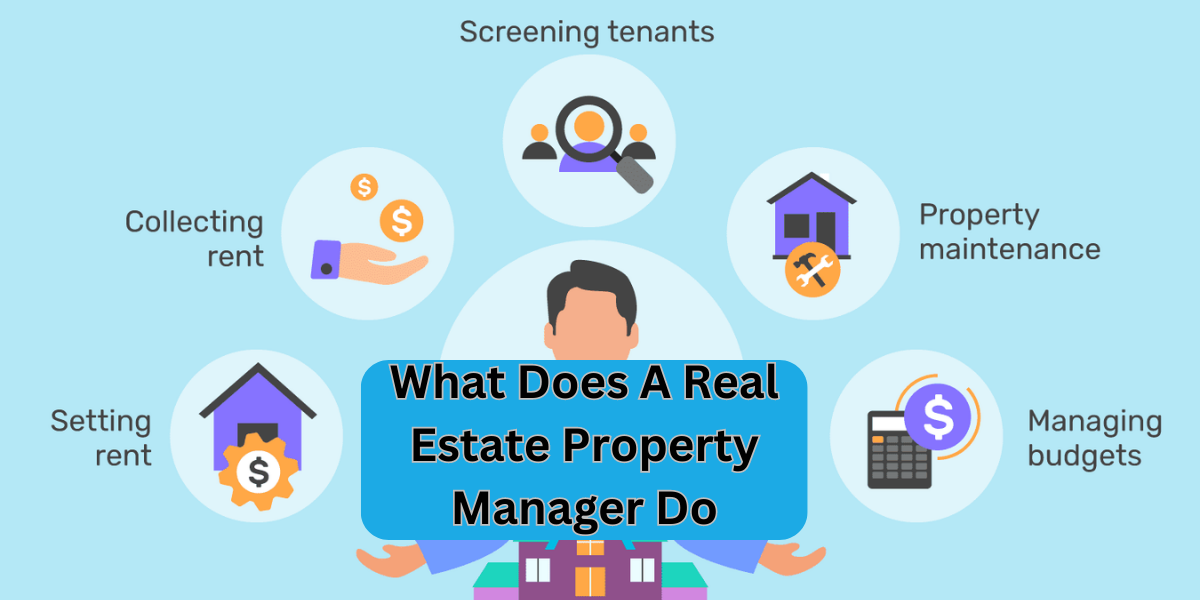What does a real estate property manager do?
Real estate is a significant investment for individuals, businesses, and organizations. The management of real estate property can be complex and time-consuming, and it’s for this reason that many property owners hire the services of a property manager. A property manager is a professional who is responsible for the day-to-day operations of a real estate property. In this article, we will discuss what a real estate property manager does and why they are essential.
Responsibilities of a Real Estate Property Manager:
Rent Collection and Lease Administration:
A property manager is responsible for collecting rent and ensuring that all tenants comply with the lease agreement. This includes monitoring lease agreements and rent payments and enforcing penalties for non-payment or late payment of rent. Property managers must also ensure that tenants comply with lease terms and regulations, including occupancy limits and the proper use of the property.
Maintenance and Repair:
The property manager is responsible for ensuring that the property is well maintained and any repairs required are made promptly. They oversee regular maintenance activities such as cleaning and landscaping and coordinate repairs with contractors and service providers. The property manager is also responsible for ensuring the property complies with all safety and health regulations.
Tenant Management:
The property manager is the primary point of contact for tenants, and they are responsible for addressing any issues or concerns. They must handle tenant complaints and work to resolve disputes between tenants and landlords. Property managers must also ensure that all tenants know their responsibilities under the lease agreement.
Marketing and Advertising:
Property managers are responsible for promoting and advertising vacancies on the property to attract potential tenants. They must develop and implement marketing strategies to reach their target audience and ensure the property is competitive. They must also work to ensure that the property is well-maintained and appealing to potential tenants.
Financial Management:
Property managers are responsible for managing the financial aspects of the property, including budgeting, accounting, and financial reporting. They must keep accurate records of all income and expenses, prepare financial statements, and provide regular reports to the property owner.

Why Property Managers Are Essential?
Save Time and Effort:
Property managers handle all aspects of property management, from rent collection to tenant management and maintenance. This frees up the property owner’s time to focus on other activities, such as investing in additional properties.
Legal Compliance:
Property managers are familiar with all state and federal real estate property management regulations. They ensure the property complies with all regulations and avoid costly legal issues.
Improved Tenant Satisfaction:
Property managers handle all tenant issues, ensuring tenants are satisfied with their living conditions and property management. This can result in tenant retention and referrals, positively impacting the property owner’s bottom line.
Conclusion:
In summary, a property manager manages all aspects of a real estate property. They handle rent collection, lease administration, maintenance, tenant management, marketing, financial management, and legal compliance. Hiring a property manager can save time and effort for property owners while ensuring legal compliance, improved tenant satisfaction, and a competitive property in the market. Property managers are essential to the success of real estate property investments.






